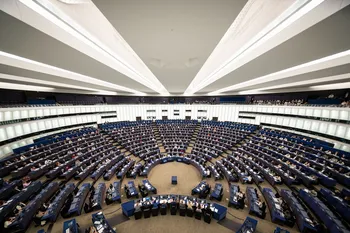In line with the objectives of the Circular Economy[1] and Zero Pollution Action Plan[2], as well as the Farm to Fork Strategy[3] and the Biodiversity Strategy[4] , notably to the targets to reduce by 50% the overall use and risk of chemical pesticides and reduce the use by 50% of the more hazardous pesticides by 2030, the successful proposals will contribute to the transition to an sustainable and environmental friendly agriculture through the development of sustainable bio-based products for crop protection. Successful proposals will also contribute to the implementation of the EU Bioeconomy Strategy[5], the updated EU Industrial Strategy[6] and to the objectives of the EU R&I Mission 'A Soil Deal for Europe'.
Project results should contribute to the following expected outcomes:
- Increased availability of widely accessible and cost-efficient alternatives for prevention and (bio)control of plant pest with improved environmental performance (e.g., reduced effects on non-target organisms, natural resources, humans and the environment).
- Reduced reliance on hazardous plant protection products and favour low risk plant protection solutions, to sustain crop productivity and food security while contributing to sustainable agriculture and/or forestry.
- Minimised pesticides impact on human and animal health, terrestrial and aquatic ecosystems, drinking water, soils and the food chain.
FAO estimates
...


